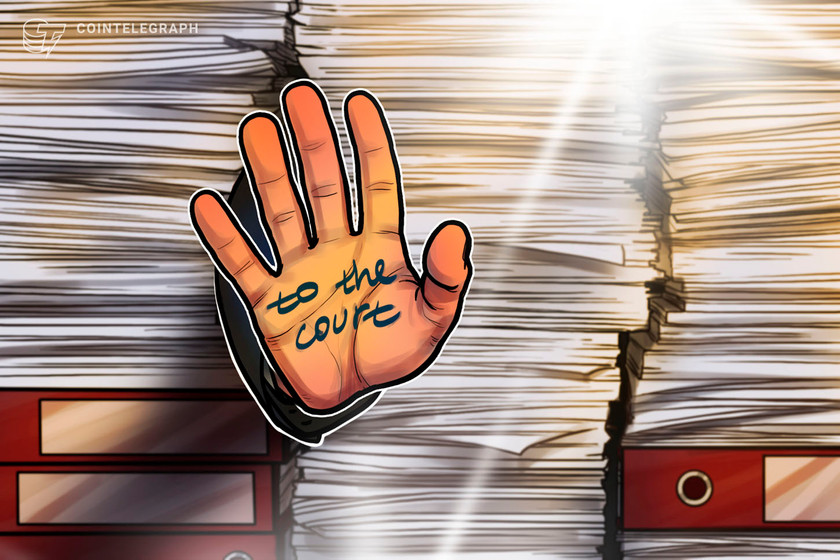SBF’s inner circle received $3.2B, mainly from Alameda: Court filings


Billions worth of loans and payments flowed from FTX entities to Sam Bankman-Fried and five other former executives of FTX and Alameda Research.
FTX and Alameda Research’s former top brass received $3.2 billion in payments and loans from FTX-linked entities, according to the FTX administrators handling the firm’s restructuring.
FTX, now helmed by CEO John Ray III, has been tracking missing funds from the exchange since its collapse. It estimates a total of $8.9 billion is missing.
According to a March 15 statement from FTX Debtors, financial statements it filed in the Delaware Bankruptcy Court point to billions of dollars worth of loans and payments that allegedly flowed to Sam Bankman-Fried and high-ranking executives, which came mainly from trading house Alameda Research.
Sharing the FTX Debtors’ press release just issued: https://t.co/r7PlneGSXF
— FTX (@FTX_Official) March 16, 2023
Bankman-Fried, however, reportedly received the lion’s share of the funds at $2.2 billion.
Others named in the list include former FTX director Nishad Singh, FTX co-founder Gary Wang, and former Alameda Research CEO Caroline Ellison, among others.
It provided a rough breakdown of the payments made to the FTX executives, as follows:
- $2.2 billion to Sam Bankman-Fried
- $587 million to Nishad Singh — former FTX director of engineering
- $246 million to Zixiao “Gary” Wang — FTX co-founder
- $87 million to Ryan Salame — former co-CEO of FTX Digital Markets (FTX’s Bahamian entity)
- $25 million to John Samuel Trabucco — former co-CEO of Alameda
- $6 million to Caroline Ellison — former CEO of Alameda
The amounts exclude over $240 million used for various purchases, such as luxury properties in the Bahamas, donations to political and charitable causes and “substantial transfers” to non-FTX subsidiaries, it noted.
FTX’s management said it is currently investigating its rights to pursue potential action against the recipients, along with their subsequent transferees, and that ongoing efforts are “expected to result in the further identification of assets, liabilities and transfers.”
It added it’s looking at ways to claw back the funds from the former executives but said the “amount and timing of eventual monetary recoveries cannot be predicted at this time.”
Related: Sam Bankman-Fried’s bail conditions still too lenient, says judge
Bankman-Fried is facing 12 charges relating to conspiracy, wire and securities fraud in connection to the alleged mishandling of funds at FTX and its affiliates. He previously plead not guilty to eight similar original charges.
Ellison, Wang and Singh have pleaded guilty to charges similar to those brought against Bankman-Fried and are cooperating with investigations spearheaded by federal prosecutors.
The first known instance of an executive from FTX or Alameda assisting authorities came as Salame blew the whistle to Bahamian regulators of the potential fraud being perpetrated at FTX, which led them to shutter the exchange just two days later, on Nov. 11.




















